JuJu for Dummies: 1] Acquire Corpse, 2] Remove Eyes & Tongue, 3] Animate
Sorcery, Goblins & Ritual Murder
from Sploid
Enchanted baboons steer long-haul trucks while drivers nap, women nurse hideous goblins called Tokoloshi, businessmen go into debt for DHL shipments of magical sticks, world champion soccer teams spend millions on shamans and spells to ensure victory, and the ritually mutilated corpses of sorcery victims are discovered by horrified villagers.
baboons steer long-haul trucks while drivers nap, women nurse hideous goblins called Tokoloshi, businessmen go into debt for DHL shipments of magical sticks, world champion soccer teams spend millions on shamans and spells to ensure victory, and the ritually mutilated corpses of sorcery victims are discovered by horrified villagers.
Welcome to the fantastic world of Subsaharan Africa.
From dictators to day laborers, football superstars to lovesick housewives, magic potions and rituals are a way of life.
In Zimbabwe, the popular newspapers are filled with advertisements for Juju practitioners - magicians - who sell the hope of romance, health, financial success and revenge.
Most of the witch doctors serving Zimbabweans are across the river in South Africa, where the profession is more respected than in President Robert Mugabe's land of fear and hunger. In Zimbabwe, sorcery has been officially criminalized under the Suppression of Witchcraft Act ... even as Mugabe himself is obsessed with occult powers and brands his political opponents "goblins."
Southern Africa's goblins are known variously as Tokoloshi, Zvikwambo or Gilikango. They prefer to live alone by the river, though they sometimes share a den with a large water lizard. Some talented magicians claim to keep Tokoloshi as house slaves; the little goblins can't leave until given a piece of clothing. Women suckle the beasts for money, or even marry the foul creatures. Tokoloshi on the loose enjoy preying on children, either by possession or plain harassment. Many schools are reportedly exorcised of the goblins each year.
Businessmen are willing to pay a huge price to get hold of one of the creatures. Tokoloshi are known to feed on human blood, and people keeping the little monsters expect to lose about one family member each year to the goblin's appetite.
"Sometimes, the name Tokoloshi refers to a dwarf zombie," the Web site Tokoloshi.tk explains. "Apparently, such a zombie can be created after removing the eyes and tongue from a full-sized corpse."
Sorcery is so important that African football teams have spent millions securing victory by hiring magicians and following occult rituals such as urinating all over an opponent's field before the game, or even burying human and animal parts under the turf. It's common to see a Juju amulet hanging from the necks of soccer stars.
Wanting to avoid a crazy "Third World image," many national teams in Africa have officially banned Juju, but at best the new rules have just moved the witch doctors to the sidelines. And what goes on in the locker rooms - ritual slicing of players' skin with dirty razor blades so "magic dust" can be rubbed into the blood, for instance - is not visible to the public.
to avoid a crazy "Third World image," many national teams in Africa have officially banned Juju, but at best the new rules have just moved the witch doctors to the sidelines. And what goes on in the locker rooms - ritual slicing of players' skin with dirty razor blades so "magic dust" can be rubbed into the blood, for instance - is not visible to the public.
Traditional doctors known as Sangoma and N'anga reportedly have the ability to treat serious injuries and disease, even the vat of illnesses known as AIDS. N'anga priests are often connected with darker magic, such as instructing followers to ritually rape children or savagely murder adults in order to acquire supernatural powers.
In London this year, news of widespread child sacrifice and ritual murder caused an outrage. The practitioners had brought their evil magic from Africa.
The everyday magic of southern Africa can seem almost mundane, like the widespread tales of drivers seeing long-haul trucks steered by enchanted baboons while the trucker sleeps in the passenger seat. If it's reasonably possible to enchant a baboon in such a way, is driving a truck really the highest use of the power? Wouldn't the magic monkey's owner come up with a grander scheme, like sending the baboon to rob a bank or dig for diamonds or kidnap the Pope?
Experts say the use of magic is governed by moral sensibility, and that abusing magic -- specifically using dark spells to harm others -- is known to be dangerous for the practitioner.
from Sploid
Enchanted
 baboons steer long-haul trucks while drivers nap, women nurse hideous goblins called Tokoloshi, businessmen go into debt for DHL shipments of magical sticks, world champion soccer teams spend millions on shamans and spells to ensure victory, and the ritually mutilated corpses of sorcery victims are discovered by horrified villagers.
baboons steer long-haul trucks while drivers nap, women nurse hideous goblins called Tokoloshi, businessmen go into debt for DHL shipments of magical sticks, world champion soccer teams spend millions on shamans and spells to ensure victory, and the ritually mutilated corpses of sorcery victims are discovered by horrified villagers.Welcome to the fantastic world of Subsaharan Africa.
From dictators to day laborers, football superstars to lovesick housewives, magic potions and rituals are a way of life.
In Zimbabwe, the popular newspapers are filled with advertisements for Juju practitioners - magicians - who sell the hope of romance, health, financial success and revenge.
Most of the witch doctors serving Zimbabweans are across the river in South Africa, where the profession is more respected than in President Robert Mugabe's land of fear and hunger. In Zimbabwe, sorcery has been officially criminalized under the Suppression of Witchcraft Act ... even as Mugabe himself is obsessed with occult powers and brands his political opponents "goblins."
Southern Africa's goblins are known variously as Tokoloshi, Zvikwambo or Gilikango. They prefer to live alone by the river, though they sometimes share a den with a large water lizard. Some talented magicians claim to keep Tokoloshi as house slaves; the little goblins can't leave until given a piece of clothing. Women suckle the beasts for money, or even marry the foul creatures. Tokoloshi on the loose enjoy preying on children, either by possession or plain harassment. Many schools are reportedly exorcised of the goblins each year.
Businessmen are willing to pay a huge price to get hold of one of the creatures. Tokoloshi are known to feed on human blood, and people keeping the little monsters expect to lose about one family member each year to the goblin's appetite.
"Sometimes, the name Tokoloshi refers to a dwarf zombie," the Web site Tokoloshi.tk explains. "Apparently, such a zombie can be created after removing the eyes and tongue from a full-sized corpse."
Sorcery is so important that African football teams have spent millions securing victory by hiring magicians and following occult rituals such as urinating all over an opponent's field before the game, or even burying human and animal parts under the turf. It's common to see a Juju amulet hanging from the necks of soccer stars.
Wanting
 to avoid a crazy "Third World image," many national teams in Africa have officially banned Juju, but at best the new rules have just moved the witch doctors to the sidelines. And what goes on in the locker rooms - ritual slicing of players' skin with dirty razor blades so "magic dust" can be rubbed into the blood, for instance - is not visible to the public.
to avoid a crazy "Third World image," many national teams in Africa have officially banned Juju, but at best the new rules have just moved the witch doctors to the sidelines. And what goes on in the locker rooms - ritual slicing of players' skin with dirty razor blades so "magic dust" can be rubbed into the blood, for instance - is not visible to the public.Traditional doctors known as Sangoma and N'anga reportedly have the ability to treat serious injuries and disease, even the vat of illnesses known as AIDS. N'anga priests are often connected with darker magic, such as instructing followers to ritually rape children or savagely murder adults in order to acquire supernatural powers.
In London this year, news of widespread child sacrifice and ritual murder caused an outrage. The practitioners had brought their evil magic from Africa.
The everyday magic of southern Africa can seem almost mundane, like the widespread tales of drivers seeing long-haul trucks steered by enchanted baboons while the trucker sleeps in the passenger seat. If it's reasonably possible to enchant a baboon in such a way, is driving a truck really the highest use of the power? Wouldn't the magic monkey's owner come up with a grander scheme, like sending the baboon to rob a bank or dig for diamonds or kidnap the Pope?
Experts say the use of magic is governed by moral sensibility, and that abusing magic -- specifically using dark spells to harm others -- is known to be dangerous for the practitioner.







 what the Great Conjunction is. 'What's the Great Conjunction?'
what the Great Conjunction is. 'What's the Great Conjunction?' 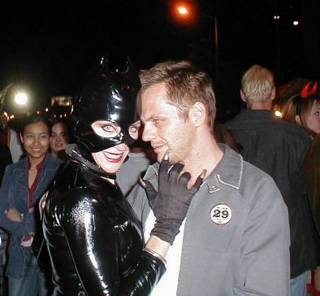
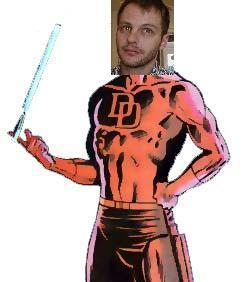



 A Is for Androids
A Is for Androids B Is for Boba
B Is for Boba C Is for Calvin
C Is for Calvin D Is for Dragons
D Is for Dragons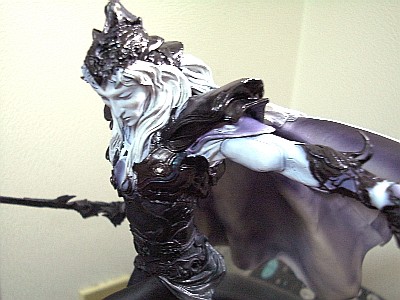 E Is for Elric
E Is for Elric F Is for Futures
F Is for Futures G Is for Genie
G Is for Genie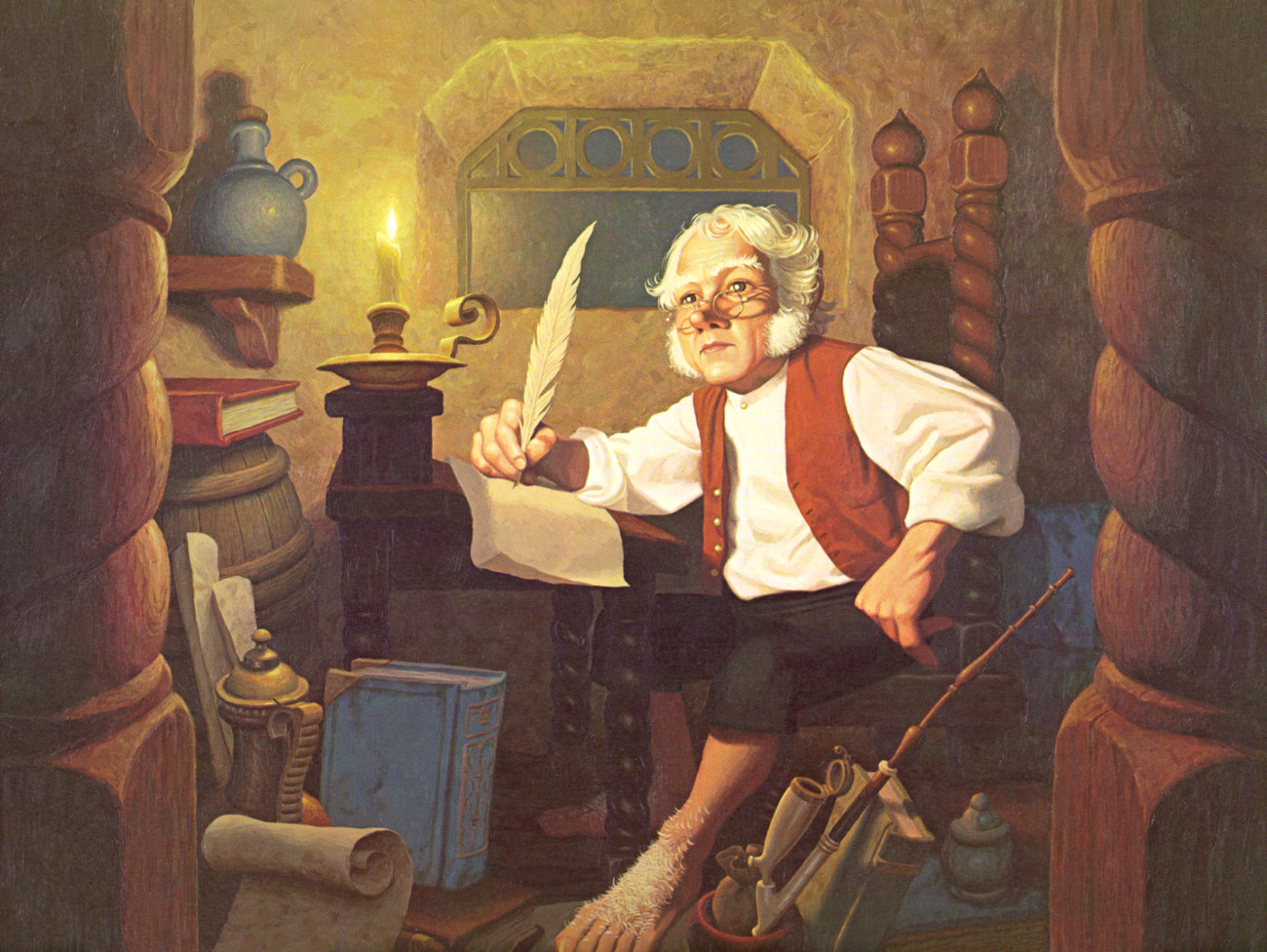 H Is for Hobbits
H Is for Hobbits I Is for Iceman
I Is for Iceman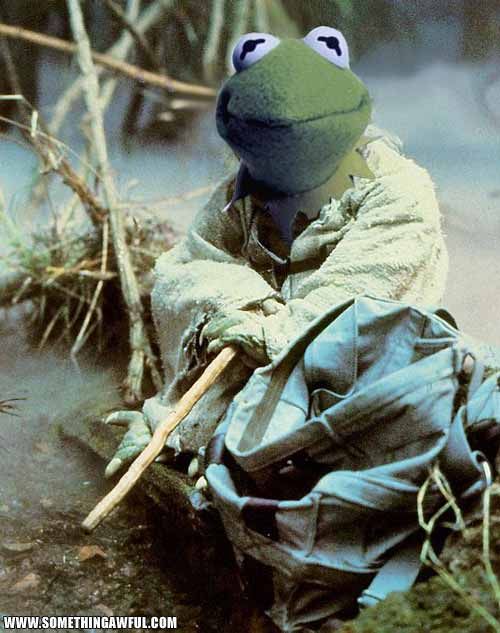 J Is for Jedi
J Is for Jedi K Is for Kraken
K Is for Kraken










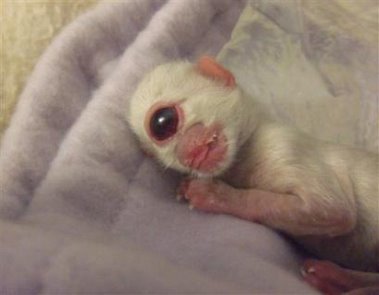






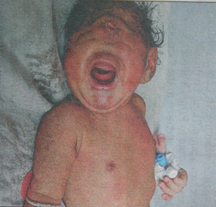


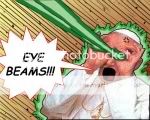
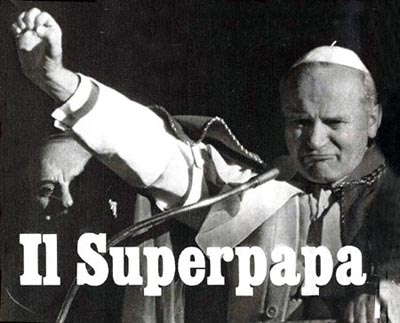













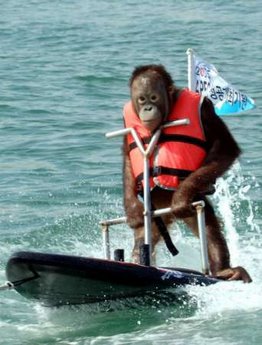
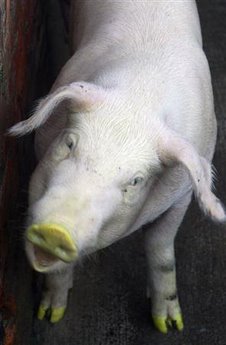



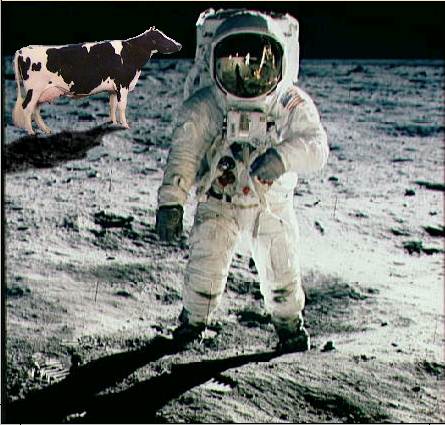
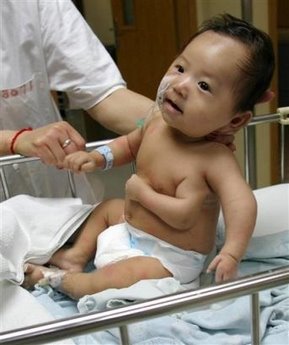























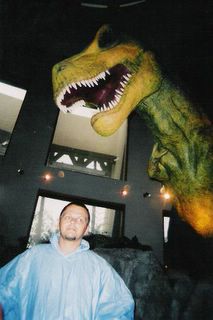



0 Comments:
Post a Comment
<< Home